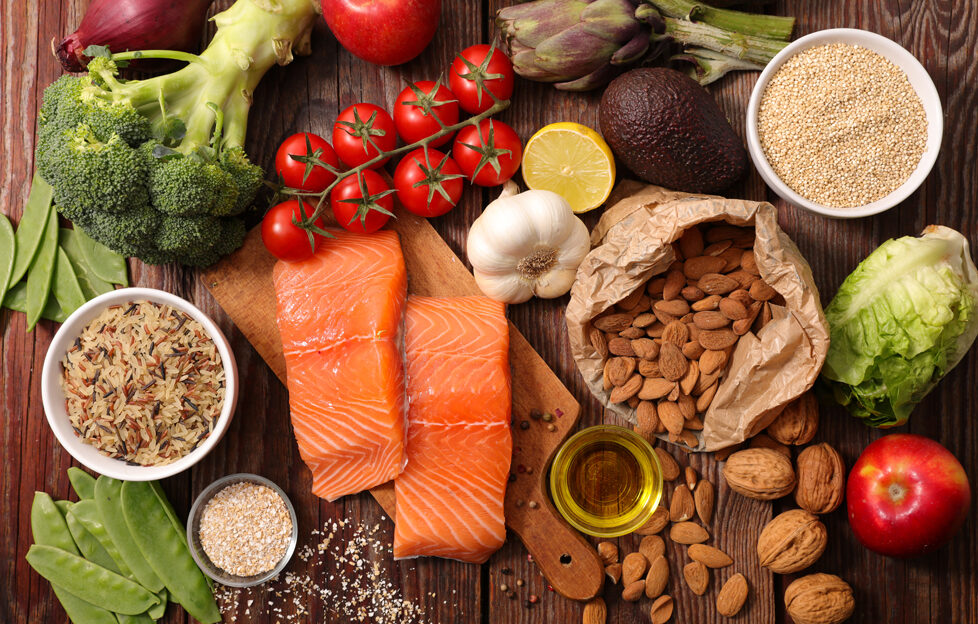Managing Skin Conditions With Your Diet

The food you eat can have an impact on various skin conditions. An estimated 60% of people in the UK have some form of skin condition, so it’s important to manage them in the best way possible. Made4Vitamins have shared how you can manage three common skin conditions with your diet.
Acne
Everyone has experienced a bout of acne at one point in their lives and it can be an ongoing struggle for many people.
It’s a common misconception that fast food causes acne, but changes to the food you eat can help improve it. Vitamin A is a popular ingredient in skincare, and the same goes for vitamin A in your diet. The same goes for vitamin E which is an anti-inflammatory.
Carrots, apples, grapes, watermelons and apricots are all rich in vitamin A. For your vitamin E fix, add a range of nuts and seeds (especially sunflower seeds, almonds and peanuts), as well as asparagus and pumpkin. And, for the best of both worlds, mango, red bell peppers and spinach have both vitamin A and E covered.
Psoriasis
This condition affects around one in 50 people in the UK. It causes scaly, sore and itchy patches of skin and the cold weather can trigger flare-ups.
Because it’s an inflammatory condition, eating anti-inflammatory foods can reduce its severity. Most fruit and vegetables, as well as herbs rich in antioxidants, are all anti-inflammatory. Healthy fats — such as those found in salmon, nuts and seeds — also help to reduce inflammation.
Eczema
This common skin condition can cause tight, dry skin that peels and flakes. It affects 1.3 million people in the UK. People who have allergies are more prone to eczema and it can be considered an allergic reaction in some cases.
As well as using deeply moisturising and nourishing skincare products that contain ingredients like shea butter and glycerin, you can hydrate your skin from the inside out. Probiotics can help fight the allergic and inflammatory reactions, so fill your kitchen with tempeh, sourdough bread, soft cheeses and miso soup.
Like psoriasis, anti-inflammatory foods like nuts, seeds and fatty fishes will help. But for the best of both, quercetin is the ingredient you need to look out for. It’s an anti-inflammatory and antihistamine found in broccoli, blueberries, cherries, apples, spinach and kale. Green smoothie, anyone?
Read more Health from the “Friend”.










